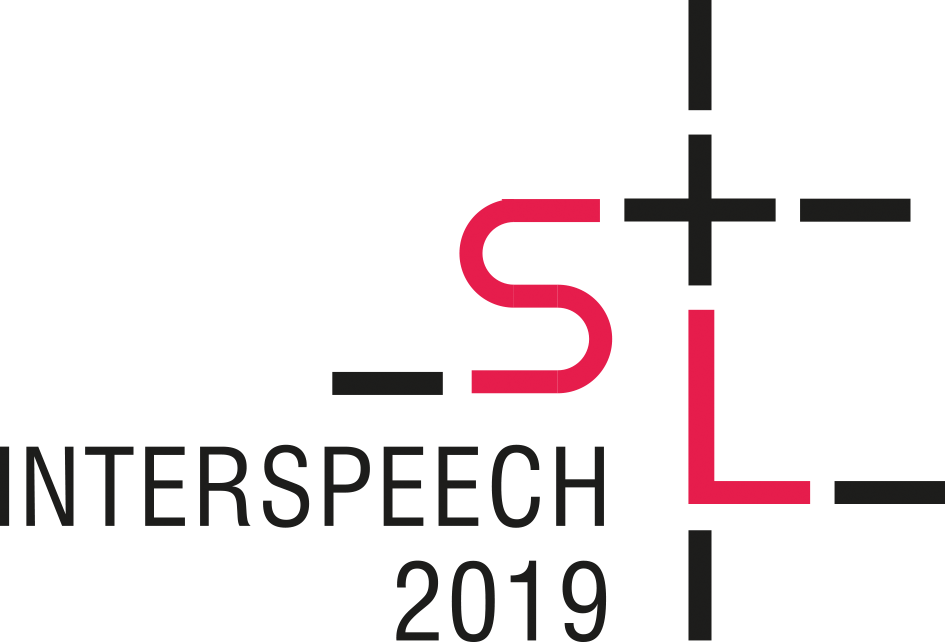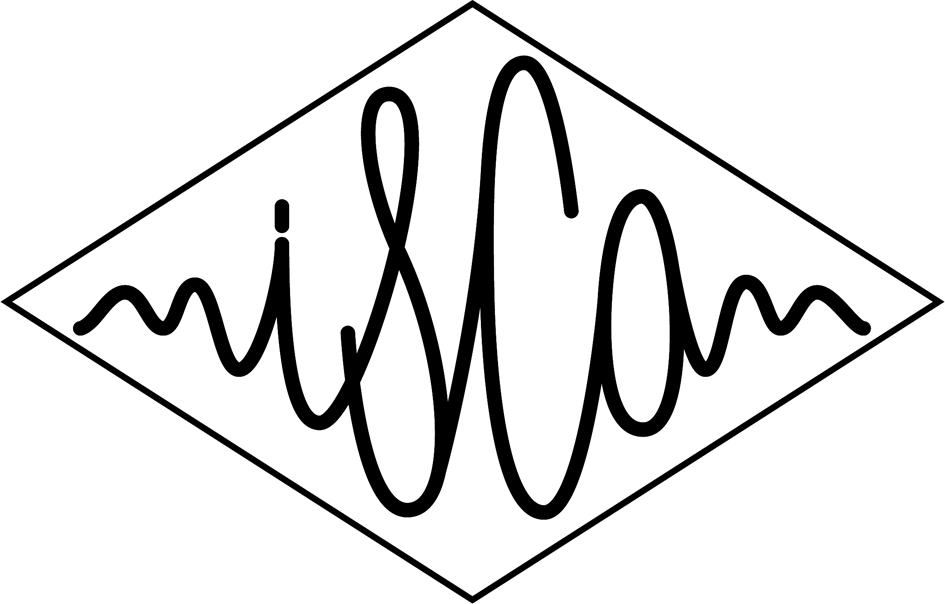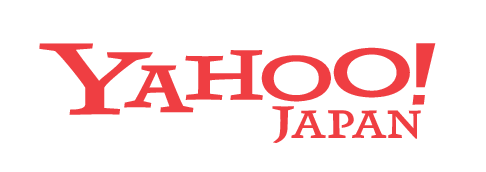ISCA Ethics
ISCA is committed to publishing high-quality journals and conference proceedings. To this end, all authors are requested to ensure they adhere to ethical standards, specifically (but not limited to):
- the work does NOT include fabrication, falsification or any kind of data breach. Authors should keep their code and log data that produced the results in the paper. (Authors are also encouraged to make their code and data set(s) open to the public.)
- the work does NOT include plagiarism or significant self-plagiarism. ISCA (and conference organizers or journal editors) may use tools to detect plagiarism and reject papers without review.
- the work does NOT use figures, photographs or any other kind of content whose copyright is not owned by or granted to the authors, except for proper quotations allowed by the copyright law. ISCA (and conference organizers or journal editors) may request authors to provide evidence of permission to use the content for their work.
- the work does NOT include inappropriate content in terms of human rights. ISCA (and conference organizers or journal editors) may request authors to provide evidence of approval from the host Ethics Committee (Institutional Review Board or equivalent) that the work meets their Institution’s ethical requirements, and/or explicit consent from the human subjects used in the work.
- all (co-)authors must be responsible and accountable for the work, and consent to its submission.
If any concerns relating to this code are raised or reported, ISCA (and conference organizers or journal editors) will set up a committee to investigate the matter and decide on appropriate action including withdrawal of the paper and suspension of future submissions by the authors.
ISCA also enforces the NO-show policy for conference papers. Any paper accepted into the technical program, but not presented on-site, may be withdrawn from the official proceedings. Please refer to https://www.isca-speech.org/iscaweb/index.php/conferences, points 2) and 8).
















